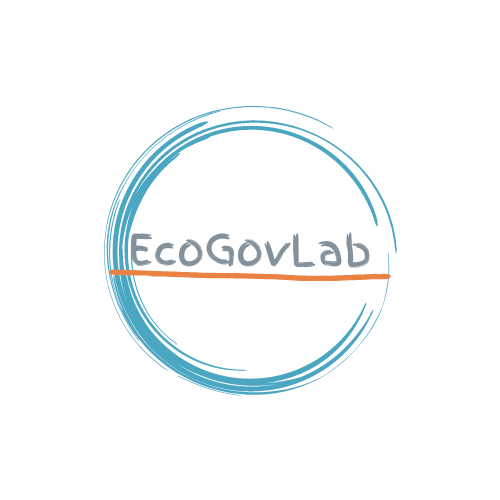October 17, 2022
The Honorable Michael S. Regan (Regan.Michael@EPA.gov)
Administrator U.S. Environmental Protection Agency
Office of the Administrator 1101A
1200 Pennsylvania Avenue, N.W. Washington, DC 20460
Dear Administrator Regan:
On Saturday, October 1, the Torrance Refinery Action Alliance (TRAA), GREEN-MPNA (a community-based organization in Santa Ana, California) and UCI’s EcoGovLab partnered to host a “toxic tour” of the cities of Torrance and Wilmington. Torrance and Wilmington are home to the only two refineries in California that use hydrofluoric acid (HF in a slightly modified form called MHF) in their production processes. HF is one of the world’s most dangerous chemicals and is being used in large quantities at two refineries in the 2nd largest city in the US. These refineries are vulnerable to accidents, natural disasters, and intentional acts. Thus, HF/MHF could cause mass casualties contrary to the fundamental objectives of the Clean Air Act of 1972 and the Toxic Substance Control Act of 1976. There are commercially proven vastly safer alternatives.
Sites within walking distance of the refinery, including parks and nearby schools, are within the “vulnerability zone” and have no effective way to protect themselves against a catastrophic MHF release. These sites are heavily frequented by families and children, who are more susceptible to the health effects of MHF. Further, the proposed rule revisions seem to do little to address chemicals like MHF that can cause mass casualties and devastating health impacts.
The rule also ignores the warnings by national security experts like Christine Whitman , Lieutenant General Russel L. Honoré, Major General Randy Manner, and David Halperin, of the dangers of continuing to allow the continued use of highly hazardous chemicals in densely populated areas and strategic locations.
The Agency recognizes the exceptional danger of HF to communities with high Environmental Justice burden and the escalating threat of climate disaster but leaves the continued use up to the Owners/operators.
We support a strong Rule that requires an audited assessment of safer alternatives, prioritizes conversion away from the use of toxic chemicals like HF that can cause mass casualties, and provides clear deadlines for conversion.
Thank you for your attention to this important issue.
Respectfully Submitted,
Kim Fortun
Margaret Tebbe
Margaux Fisher
Prerna Srigyan
Nadine Tanio
UCI EcoGovLab, University of California Irvine
Irvine, CA 92617
